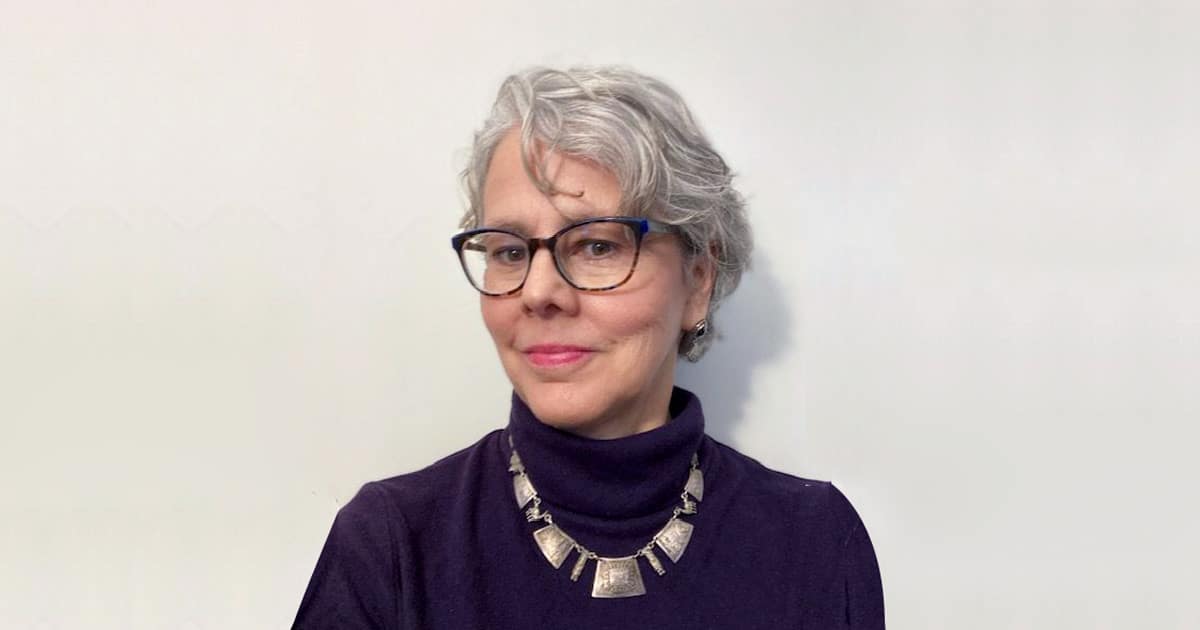Cecilia Muñoz on Raising Children While Working in the White House

For eight years, Cecilia Muñoz served as the highest-ranking Latina in the White House under President Obama while raising two daughters. Now a senior advisor with New America, she spoke with us recently about what policy changes we need to support families—and how she managed parenting and work. Muñoz is the author of More Than Ready: Be Strong and Be You…and Other Lessons for Women of Color on the Rise.
Q: COVID set millions of women back professionally and financially as millions were forced out of the workforce, in part due to their role as primary caretakers in their families. What do we need to do to create more balance and better support women in the future?
We need to invest in workplace policies: paid leave, sick leave, time away. And we need flexibility—to give people the space to be caretakers.
But the way we set the tone about leave policies is also important. So, for example, if employers say you get to leave, but you know they don’t want you to take it all, that doesn’t work.
I worked on the Biden-Harris transition team, which was done entirely online during the pandemic. There was a culture of waving at the kids you could see in the background. It sent a message: Don’t be embarrassed by your family responsibilities. That kind of tone is very important.
For employers, being involved in policy conversations also sends a signal. It’s a very good thing for companies to have generous policies, but they also should be saying there should be a standard for everyone.
Q: You raised daughters while having a very high-powered job. And you write that at times you didn’t think you could do it and other people didn’t think you could do it. How did you manage?
I had a picture-perfect mom and home, and I agonized over the differences in experience for my kids—not the least of which was that I would be out of the house 10 hours a day and working frequently from home. As a consequence, our meals were different; our house was different.
In writing my book, I asked my children what it was like for them, and they didn’t understand the question. They found it hilarious that I agonized. Their experience was that I was just Mom, and things moms and dads do include going to work every day.
But they understood—we managed to convey—that they were the most important thing. And that turns out to be everything. The fact that my house didn’t look like my mother’s house, and my garden didn’t look like my mother’s garden didn’t matter.
Our daughters noticed that we had healthy dinners together all the time. They understood that we made that effort and that that was special. Now they both are women who cook and enjoy eating and see meals as a joyful thing, not just as fuel.
They also noticed that we shared labor. There were no real “mom jobs” and “dad jobs.” They saw us figuring out how we were going to manage the household and transportation as a team. They had those experiences where gender does not dictate what the labor is, and I think that’s a very big deal.
Q: You’ve said that you needed to learn how to work and how not to work. What do you mean by that?
This is something I’m still working on. My working-all-the-time muscles are very well developed. I have to be deliberate about going for a walk and not listening to a book on tape. I’m the kind of person who still says on the weekend: I’m going to sit on the sofa and read a book. My husband looks at me like, ‘Why are you telling me that?’
There’s no real formula to finding balance. We have to get to it in our own way. But my number-one suggestion is to be aware if you were cramming stuff from your to-do list into every day and not achieving balance. You get to be on the list—and things that give you joy. It’s not extra. It’s essential to being human.
Q: How do you stay strong enough to focus on making a difference and not worrying about whether other people like you?
A friend shared the advice: Get your love at home. I think about that anytime I’m making difficult decisions. If my goal is to get everybody to like me, I will take the actions I need to make them like me. But they may not be what needs to happen to get the job done.
In public life, you have to endure criticism. I still endure it. It doesn’t mean I get to be disagreeable. But it matters a lot to me that my people know who I am no matter what. Then I can make tough decisions because work is not where I’m looking for love.